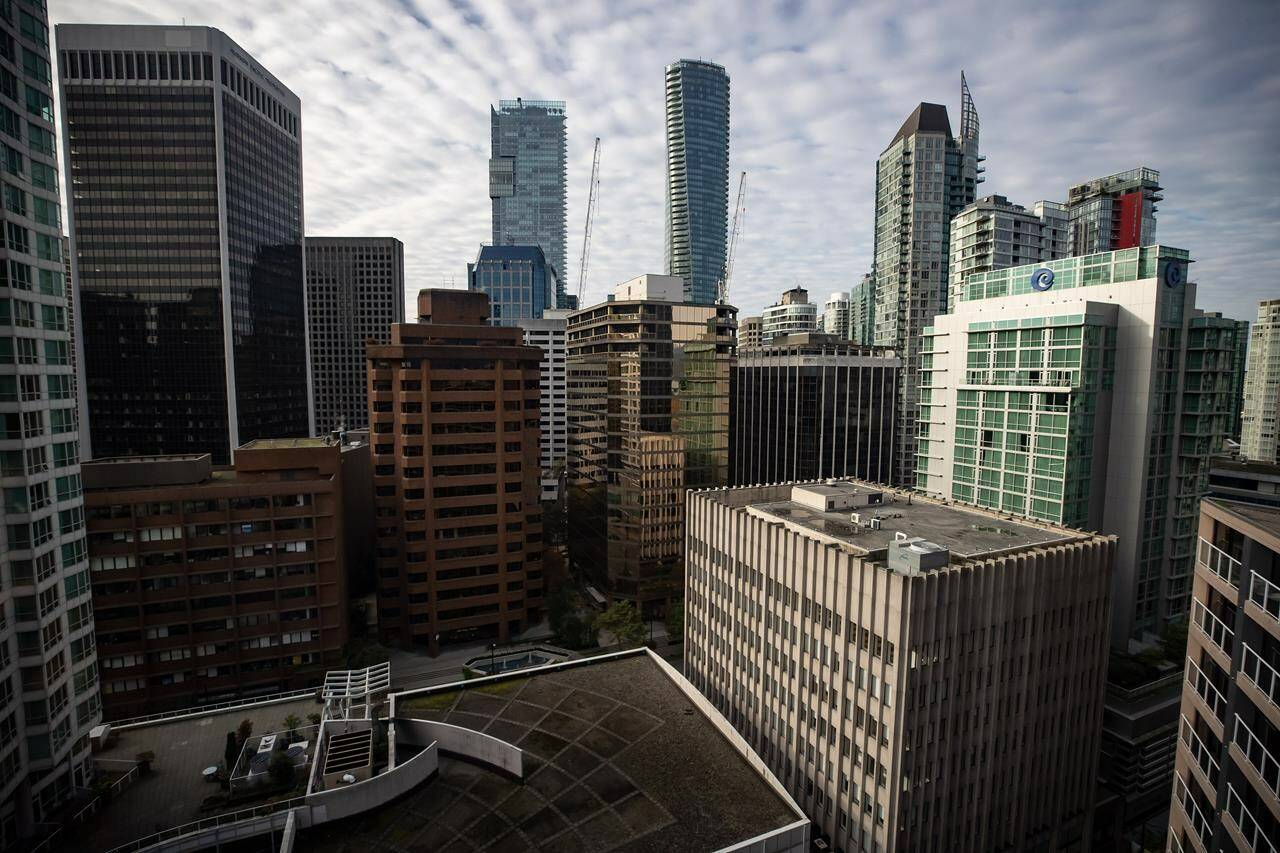A new report says droves of Canadian workers have experienced burnout during the pandemic and it’s causing at least 20 per cent to seek new jobs.
The report from human resources software company Ceridian found 84 per cent of the 1,304 Canadian workers surveyed by Hanover Research last month felt burned out over the last two years.
The figures were extrapolated from a survey of 6,898 people working at companies with at least 100 employees across Australia, Canada, Germany, New Zealand, Singapore, the United Kingdom, and the United States.
Across all respondents, the burnout rate was about 81 per cent with at least 34 per cent of the Canadians surveyed describing their level of burnout as high or extreme.
“People are working insane hours,” said Steve Knox, Ceridian’s vice-president of global talent acquisition.
“We are all putting in that two or three hours of work extra every day and it’s just causing people to really question everything and this war just continues to escalate day after day.”
Knox’s remarks and Ceridian’s survey come as Canadians are battling their second year of the pandemic, causing many to rethink their careers, family needs and work ambitions.
Many have used the pandemic to seek jobs that they can complete from home, remotely or with the flexibility they need to care for children or other loved ones.
Others have started job hunting because they want higher salaries that better take into account their workloads or a break from all the stress.
Knox believes people were burned out before the pandemic, but COVID-19 exacerbated these feelings.
“You’re always on, you’re always available, you’re always checking messages and there seems to be a lack of respect for the weekend,” he said.
“I don’t think we saw that to the same degree prior to the pandemic.”
Ceridian’s survey found the top three reasons for burnout among the Canadian respondents was increased workloads, insufficient compensation and mental health challenges.
About 21 per cent said the burnout was causing them to seek a new job with 39 per cent saying they would consider leaving their current employer for the right opportunity.
About 45 per cent who reported looking for new employment said it was because they wanted better compensation, including higher salary and benefits.
Another 38 per cent attributed the hunt for a new job to a lack of growth opportunities.
Those looking for new jobs mostly want to see employers offer “personal care and attention,” said Knox.
“People, because of the pandemic, are not only caring for kids, but in some cases, elderly parents, and finding it just way too much,” he said.
“So they want to work for a place where they do have that balance.”
While he’s seen salaries rise and workers demand better compensation during the pandemic, he said many jobseekers are on the lookout for a new employer because they want their time and personal life to be valued and respected.
He said, “Rather than all these kind of perks that we would have seen before, I think people are really looking to be taken care of.”
—Tara Deschamps, The Canadian Press
RELATED: Physicians were suffering burnout and then the pandemic made it worse, UBC study finds

